Women with endometriosis 'finally being believed'
- Published
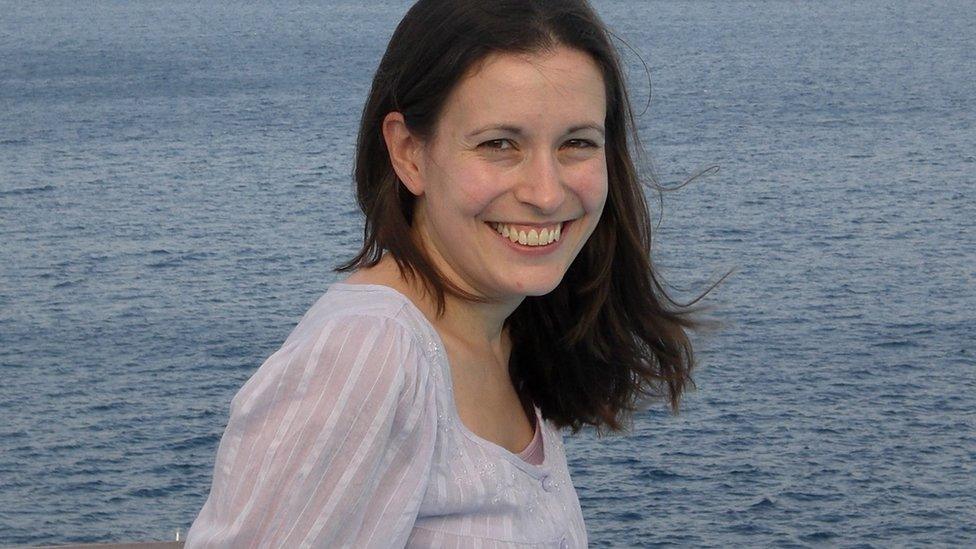
Rosie Longman says she is "bent double" and unable to stand at times because of the pain
A woman who had to change careers because of endometriosis has said an improvement in attitude towards women with the condition feels "incredible".
Endometriosis affects one in 10 UK women and can cause debilitating pain, very heavy periods and infertility.
MPs began an inquiry into the condition after BBC research, and will listen to the experiences of those living with it when hearings get under way later.
Rosie Longman, 40, said: "We're finally being believed and listened to."
Ms Longman, from Bishop's Stortford, Hertfordshire, has had four operations since being diagnosed a decade ago and is due to have a hysterectomy.
Her career as a practising criminal barrister came to an end when she could no longer spend hours in court.
"The pain is like someone has a grip on your insides, pulling and twisting them and kicking you in the crotch," she said.
"You are bent double and can't stand at times."
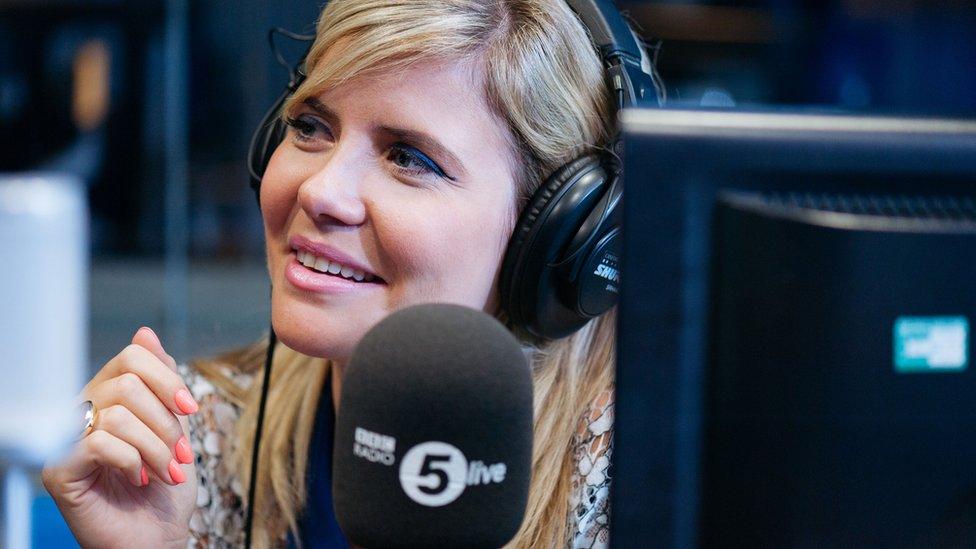
Emma Barnett will tell MPs she was only diagnosed after more than 20 years of painful periods
More than 13,500 women took part in BBC research into endometriosis, with half saying they had suicidal thoughts and many telling how they have had to rely on highly addictive painkillers.
Most also said endometriosis had badly affected their education, career and relationships.
On average it takes seven and a half years to be diagnosed, there is no cure and treatment has included hormone therapy and surgery.
Endometriosis: The condition that can take more than seven years to diagnose
Ms Longman is set to be among those to give evidence to the All Parliamentary Group for Endometriosis.
"For endometriosis to be discussed like this is incredible," she said.
"This inquiry is the culmination of years of campaigning and fighting for better care."

What is endometriosis?
It is where tissue such as that in the lining of the womb grows elsewhere in the body - often around the reproductive organs, bowel and bladder
Like the womb lining, the tissue builds up and bleeds every month but, with no way to escape the body, the blood is trapped, leading to inflammation, pain and formation of scar tissue
For some women there are no symptoms, but for others it is debilitating and can cause chronic pelvic pain, painful sex, painful bowel and bladder movements, fatigue and difficulties getting pregnant, external
There is no cure, but treatments can reduce symptoms
They include hormone treatment, pain relief and surgery - including hysterectomy
In the UK it takes an average of seven and a half years to be diagnosed

BBC 5 Live presenter Emma Barnett will also give evidence, having suffered from painful periods for more than 20 years before being diagnosed at 31.
She said: "I want to talk about how long it took for me to be diagnosed and how I wasn't believed by doctors and told to take painkillers."
The inquiry is due to hear from doctors and look at ways to improve diagnosis and treatment.
Emma Cox, from Endometriosis UK, external, said: "We need to see stark changes to the system. Society and the NHS must wake-up and understand the devastating impact the condition can have."
- Published6 October 2019
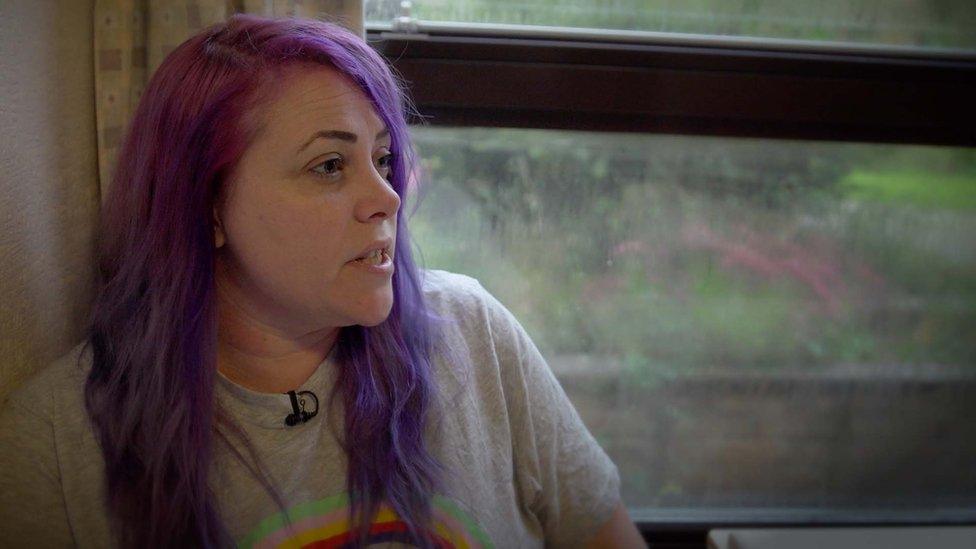
- Published6 October 2019
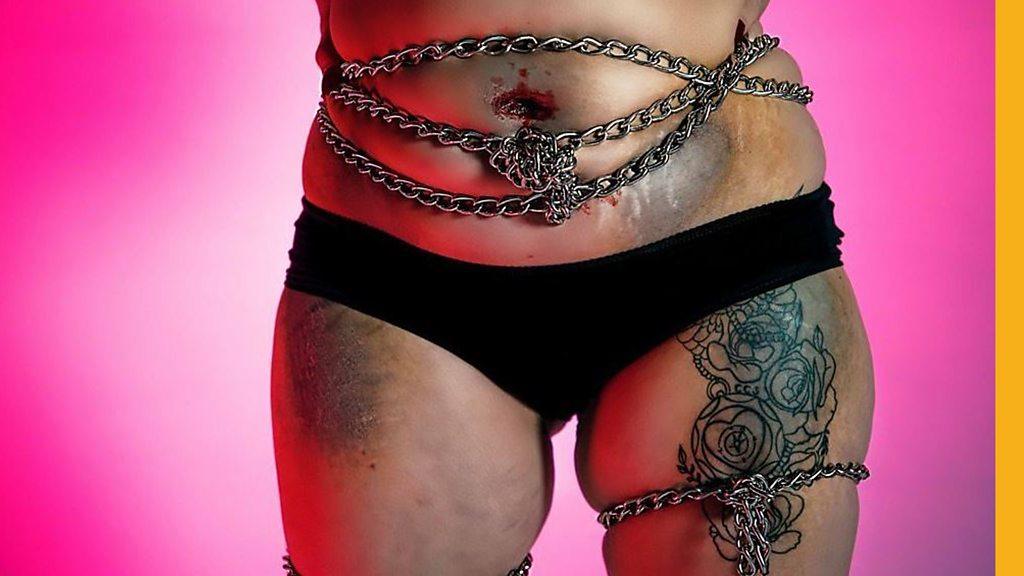
- Published26 January 2019
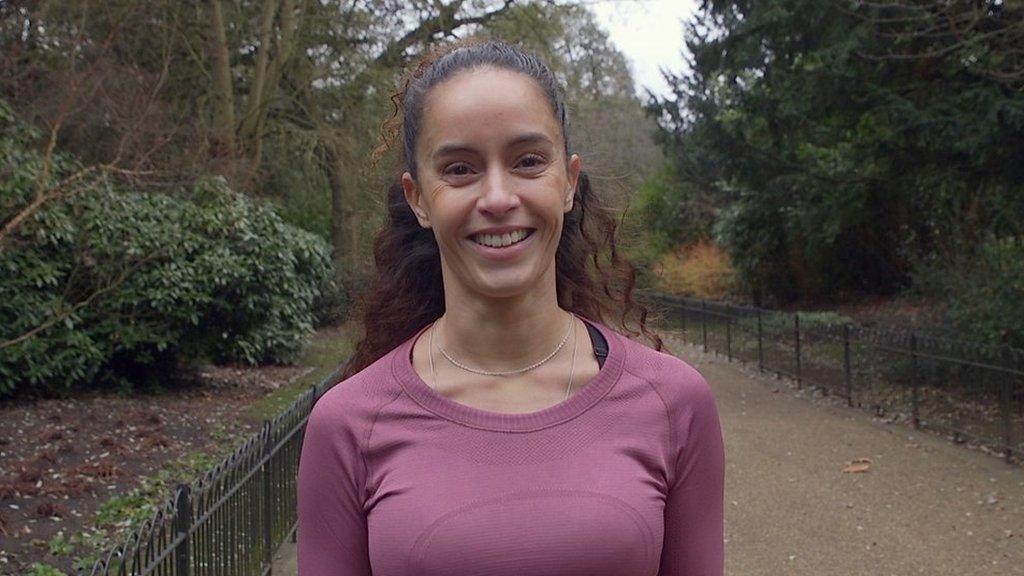
- Published26 November 2018
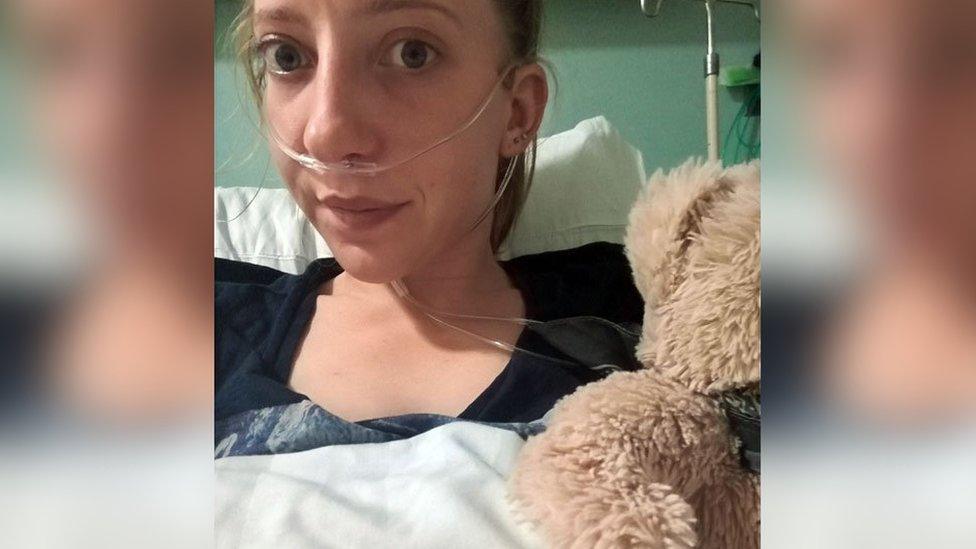
- Published11 March 2018
